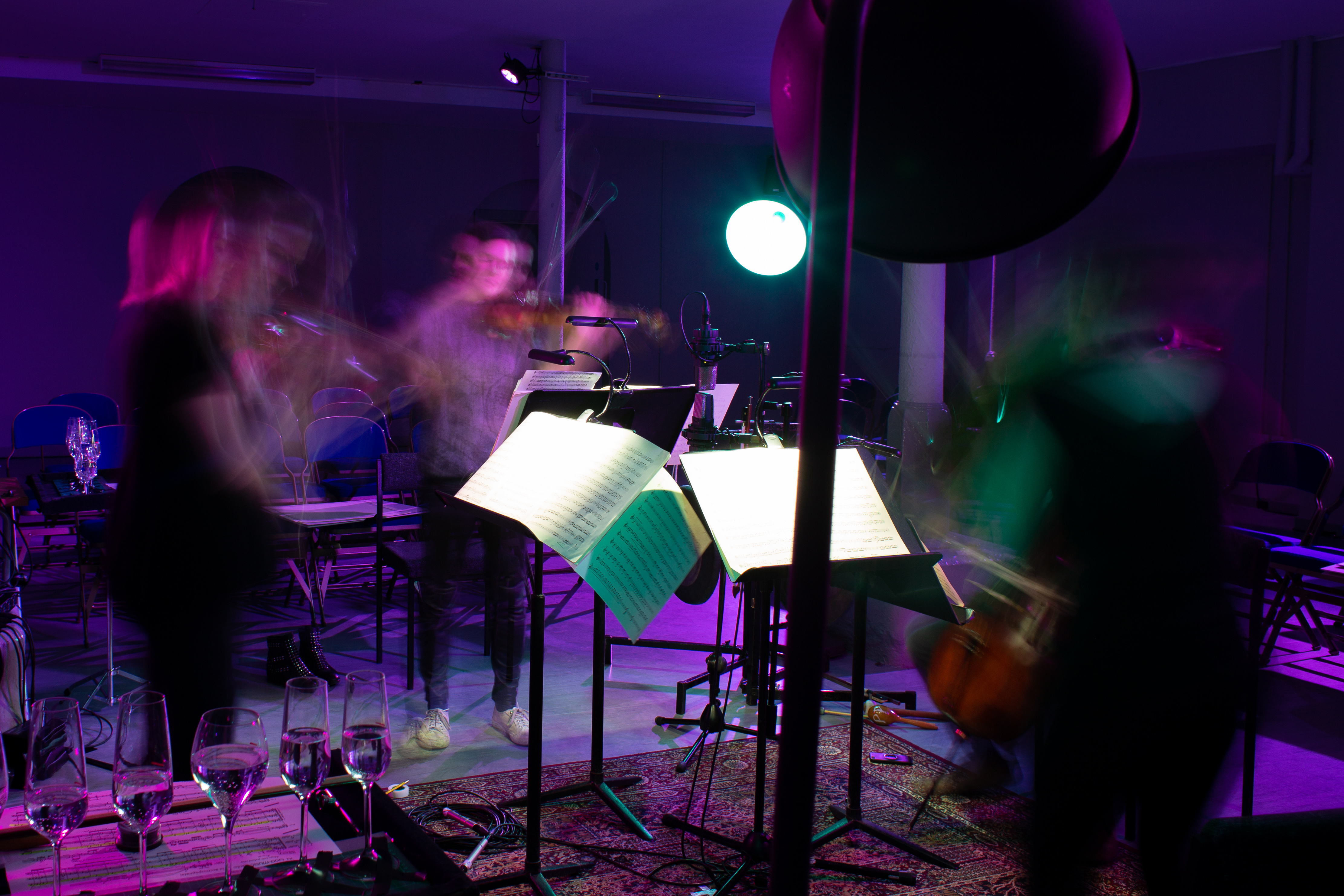
“I’m looking forward to exploring how the way we play the Crumb influences the way we play the Schubert,” Rakhi says. Written by the composer in the sure knowledge he was dying, Schubert’s quartet figures in the second half of the evening’s programme. We have to use our voices sometimes too, which just adds to the drama.”Ĭrumb’s work includes several conscious references to Latin sequence Dies Irae and directly quotes Death and the Maiden. We’re playing acoustic instruments amplified which means things are intensified. “To be honest, we’re not going to approach it any differently. On the matter of amplification, I wonder at Crumb labelling Black Angels a piece for electric string quartet. Art and music is about communication and, if I’m playing in a quartet, the first communication is actually between the players themselves – the more intense and real that is, the more it’s amplified for the audience.” “You need the qualities of leadership, but you have to be empathetic as well. A lot of the key British chamber groups, like the Navarra and Heath string quartets, were inspired by and formed under Chris Rowland.”Ī quartet is a negotiation between individuals working as a team, she says. “He helped revive chamber music in the North. Her love for chamber music she attributes to music tutor, Christopher Rowland, one-time member of the Fitzwilliam Quartet. Its rigorous classical training included regular performances and recitals. It’s very personal, but not from this land.”īorn in the small town of Llandeilo in Wales, Rakhi attended Manchester’s specialist music school Chetham’s at a young age. “It provokes extreme emotions: definitely horror, but there are moments of faded beauty, of something both ancient and modern. There’s so much energy in the way it’s notated, it’s almost like a painting.

It’s half like working out a maths puzzle, but then you have to translate it into gestures.

Part of George Crumb’s score for Black Angels

“Part of the fun is trying to decipher the score,” she tells me when I suggest Crumb’s notation resembles a wiring diagram. The company’s Music Director and principal violinist Rakhi Singh will be joined by violinist Eva Thorarinsdottir, violist Ruth Gibson and cellist Nick Trygstad. The Manchester Collective returns to Leeds Town Hall with a new performance of Crumb’s masterclass in terror, twinning it (suitably enough) with Franz Schubert‘s Death and the Maiden. (Not surprisingly it figures on the soundtrack to The Exorcist.) Perhaps it is the brooding logic of the composer’s preoccupation with the numbers seven and thirteen structural stretcher-bearers stranded in a No Man’s Land between plaintive lament and tonal Brutalism. Written for electric string quartet, it shrieks and howls like a thing possessed. Not bad for something cooked up in opposition to war in Vietnam.īlack Angels is visceral nightmarish stuff. The work – subtitled Thirteen Tales from the Dark Land – inspired violinist David Harrington to form the Kronos Quartet after hearing it played on the radio. A recording by the New York String Quartet of George Crumb‘s composition, Black Angels, was amongst David Bowie‘s all-time favourite albums.


 0 kommentar(er)
0 kommentar(er)
